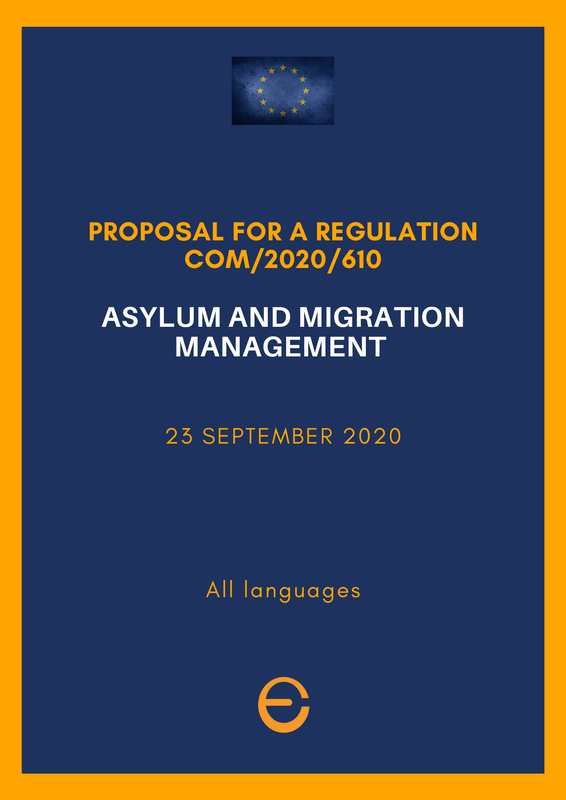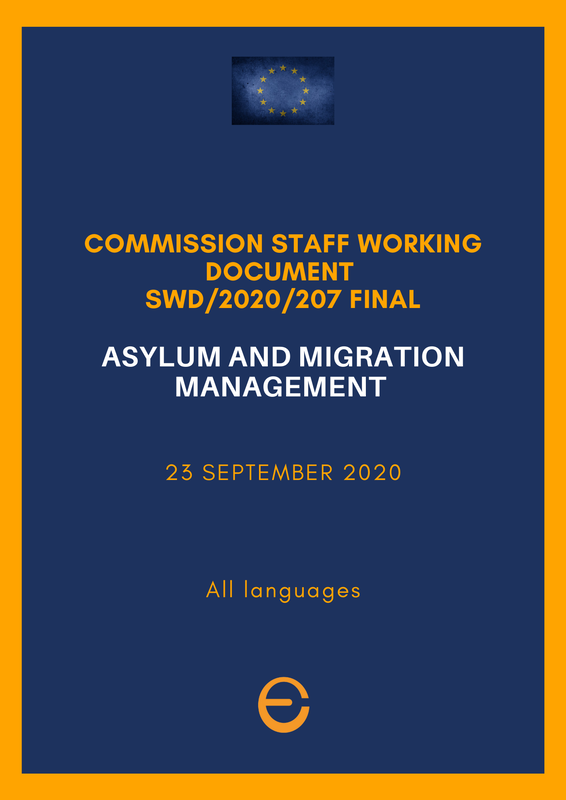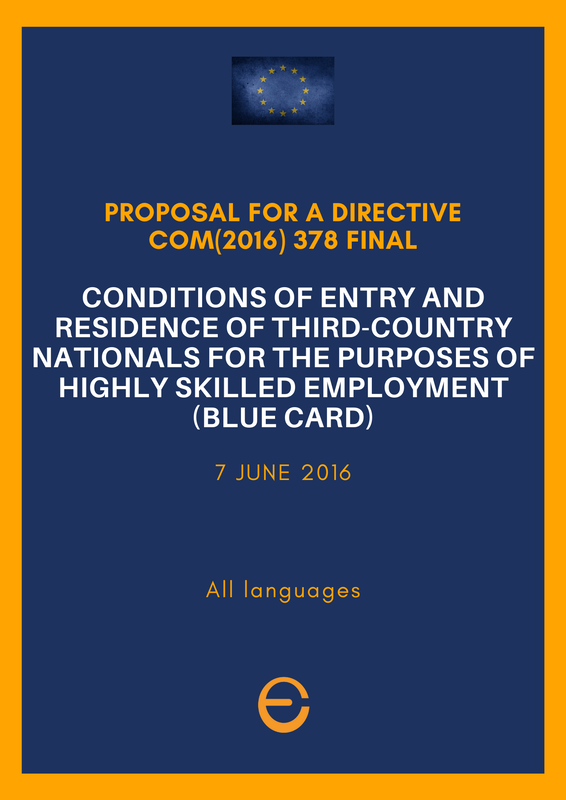|
Last updates: |
|
Social determinants
There are significant inequalities in public health status between EU countries and between population groups within these countries. Social determinants play an important role in contributing to these, impacting life expectancy and overall health. They include issues such as employment, income, education, and ethnicity.
In an effort to tackle health inequalities, the EU promotes policies and assists national authorities and stakeholders in taking measures to reduce them. The 2009 European Commission Communication on Solidarity in Health - Reducing health inequalities in the EU defined an initial strategy for the area which included:
In an effort to tackle health inequalities, the EU promotes policies and assists national authorities and stakeholders in taking measures to reduce them. The 2009 European Commission Communication on Solidarity in Health - Reducing health inequalities in the EU defined an initial strategy for the area which included:
- An assessment of the impact of EU policies on health inequalities
- Update data on health inequalities and successful strategies to reduce them
- Information on EU funding to help national authorities and other bodies tackle inequalities.
1. Health inequalities in the EU
In 2013, the Commission followed up with a Staff Working Document Report on health inequalities in the European Union.
It provides:
- Updated facts and figures on health inequalities in the EU
- An assessment of progress in implementing the 2009 strategy.
It concludes that while some progress has been made, that more action is needed at local, national and EU levels. EU policies provide opportunities that EU countries and interest groups need to fully embrace to achieve better health, and greater cohesion in health.
- Encourages partnerships, involving groups working in the fields of nutrition and physical activity, the private sector, governments, the European Commission and the World Health Organisation (WHO);
- Sets out a series of challenges to the food industry, civil society and media, by calling for widespread efforts on improving food products recipes, responsible marketing and labelling, and promotion of physical activity, among others;
- Sets out the Commission's plans to strengthen monitoring and reporting, in collaboration with the WHO, through several initiatives.
Investing in reducing health inequalities
Investing in reducing health inequalities further contributes to social cohesion and breaks the vicious spiral of poor health that both contributes to and results from poverty and exclusion.
The Commission implements pilot projects related to specific aspects of reducing health inequalities with funding from the European Parliament.
2. Migrants' health
|
After years of immigration crisis, due both to increasing flows due to wars, political instability, climatic causes, and to a fragile and incomplete European system, in September 2020 the Commission presented a new pact on migration and asylum, with a more equitable approach . The aim is to find a new balance between the principles of fair sharing of responsibilities and solidarity and to build trust through a more comprehensive approach and modernized procedures. The Pact proposes to accelerate migration processes and strengthen the governance of migration and border policies. The health and health care of migrants is included in the Pact also through the introduction of health checks that will allow for a timely identification of the potential needs of migrants and the protection of public health. The new Pact on Migration and Asylum The Pact sets out a way forward to conclude negotiations on the reform proposals approved in 2016 and 2018, with the purpose of making procedures more efficient and providing stronger guarantees to the migrants. The European Commission has also announced the following new legislative proposals to be included in the Pact:
What does the EU do in relation to migrants and health protection? The European Commission’s priority is to provide support to countries that host a high number of migrants. The majority of migrants are healthy upon their arrival in the EU. Nonetheless, their health condition might deteriorate during their travels or they might have suffered from some medical conditions prior to their arrival to the EU. Some of them might suffer from physical exhaustion, extreme distress, dehydration or cold, and these combined with inadequate living conditions, unhealthy lifestyle or chronic diseases might have a detrimental impact on their physical and mental health. What is the EU doing to help?
|
Guidance
The EU also produced a Personal Health Record and the accompanying Handbook for health professionalsSearch for available translations of the preceding link••• to provide healthcare professionals with tools to allow them to keep track of medical records of newly arrived migrants and refugees and swiftly identify their immediate needs.
In April 2020, the Commission communicated a new COVID-19 Guidance on the implementation of the relevant EU provisions in the area of asylum, return procedures and resettlement.
In June 2020, the European Centre for Disease Prevention and Control published a Guidance on infection prevention and control of COVID-19 in migrant and refugee reception and detention centers in the EU/EEA and the UK which contains scientific advice on public health principles which need to be followed to prevent the spread of the disease.
Other initiatives on migrants
. Action Plan on the integration of third country nationals - In June 2016, the Commission adopted an action plan on the integration of non-EU country nationals into the EU member states.
. Blue Card Directive revision - After an agreement on 17 May 2021 between European Parliament and EU Council on the European Commission proposal for the Directive revision of 2016, in 2021 the EU could approve the new Directive, dealing with the conditions of entry and residence of third-country nationals for the purposes of highly skilled employment and modifying the current Directive of 2009.
. Asylum Procedures Regulation - 2013 - Directive 2013/32/EU on common procedures for granting and withdrawing international protection.
. Qualifications Regulation - 2011 - Directive 2011/95/EU on standards for the qualification of third-country nationals or stateless persons as beneficiaries of international protection, for a uniform status for refugees or for persons eligible for subsidiary protection, and for the content of the protection granted.
. Reception Conditions Directive - 2013 - Directive 2013/33/EU on standards for the reception of applicants for international protection.
Financing the EU Policies
The Commission funds several initiatives addressing nutrition and physical activity through its Public Health Programme. It also manages pilot projects funded by the European Parliament to test novel practices.
Go also to the home page of the eEuropa Public Health Chapter and check the latest Calls (Premium Subscription)
The Commission funds several initiatives addressing nutrition and physical activity through its Public Health Programme. It also manages pilot projects funded by the European Parliament to test novel practices.
Go also to the home page of the eEuropa Public Health Chapter and check the latest Calls (Premium Subscription)





